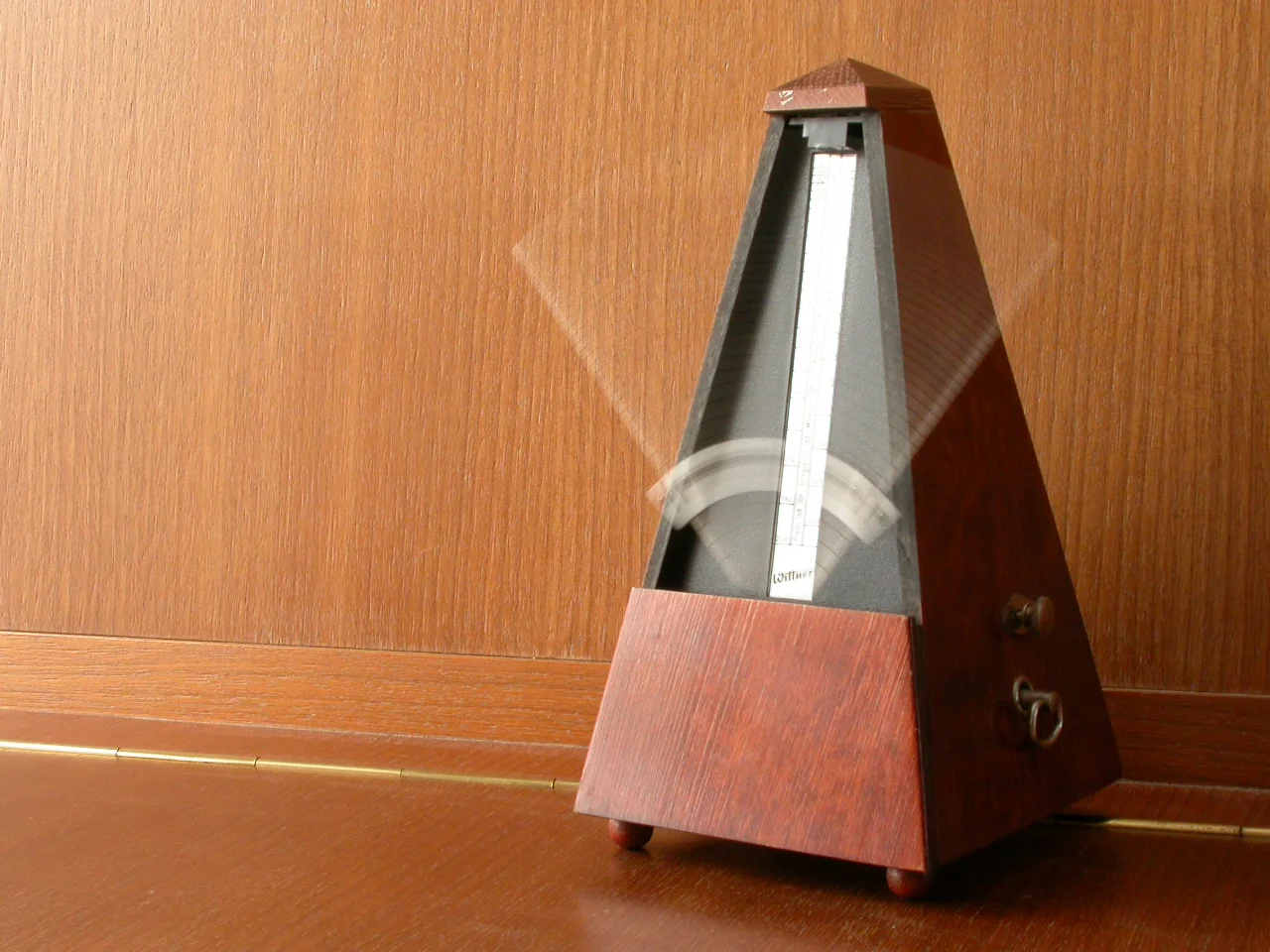Maximize Your Practice Time
I often am asked how I can work up tremendous amounts of music (sometimes several hundred sheets of music at a time) so quickly. While I'd be the first to admit that I do practice quite a bit each week (and being a bit obsessive always helps ; ) there are some simple ways to maximize your practice time, simplify the learning process, and make what you learn stick with you after you finish practicing.
So without further ado, here's my best tips for musicians looking to get the most out of there practice time:
*Analyze It * Take a moment before jumping into the piece to analyze it- does it have a repeatable phrase or melody that you can identify? If it's a pop/rock song, what is the verse/chorus order? Or in the case of many modern pop hits, is it just the same 3 chords looped for the entire song?
Clap any tricky rhythms you can see if you have sheet music, and make sure to circle areas to watch out for (I always circle D.C. Al Codas). This saves so much time later, and will keep you from looking unrehearsed when your band leader tells you to swap the verse and chorus.
*Slow Down * Many musicians simply start playing a song at too fast a tempo, causing them to miss notes and rhythms they could easily nail at a slower tempo. This translates into lots of bad habits in the long run, including pausing during the song, falling off tempo, and not understanding the flow of the music.
Use a metronome, and play very slowly from the beginning. Gradually increase your speed if you consistently play the song mistake free, and pause to work on trouble sections in between run-throughs of the whole piece.
Listen
If it's possible, listen to a recording of the song that you're working up. And listen to it again. And again. And. . . well, you get the picture. It'll help you remember details about the song after you're finished practicing, and help you remember the overall order.
If a recording isn't available, make your own. I use my iPhone's built in recorder to make scratch recordings of my part for listening back later. This can help you find trouble spots in your own playing, as well. It also helps you avoid the phenomenon of practice hallucinations- the illusion that you're a rock star in the practice room, but you blow it onstage.
Spending lots of time practicing is great, but you'll either be highly inefficient or actually hurt your chops if you practice improperly. Sloppy practicing is the musical equivalent of going to the gym and wildly thrashing around with random weights, and will get you roughly the same results.
